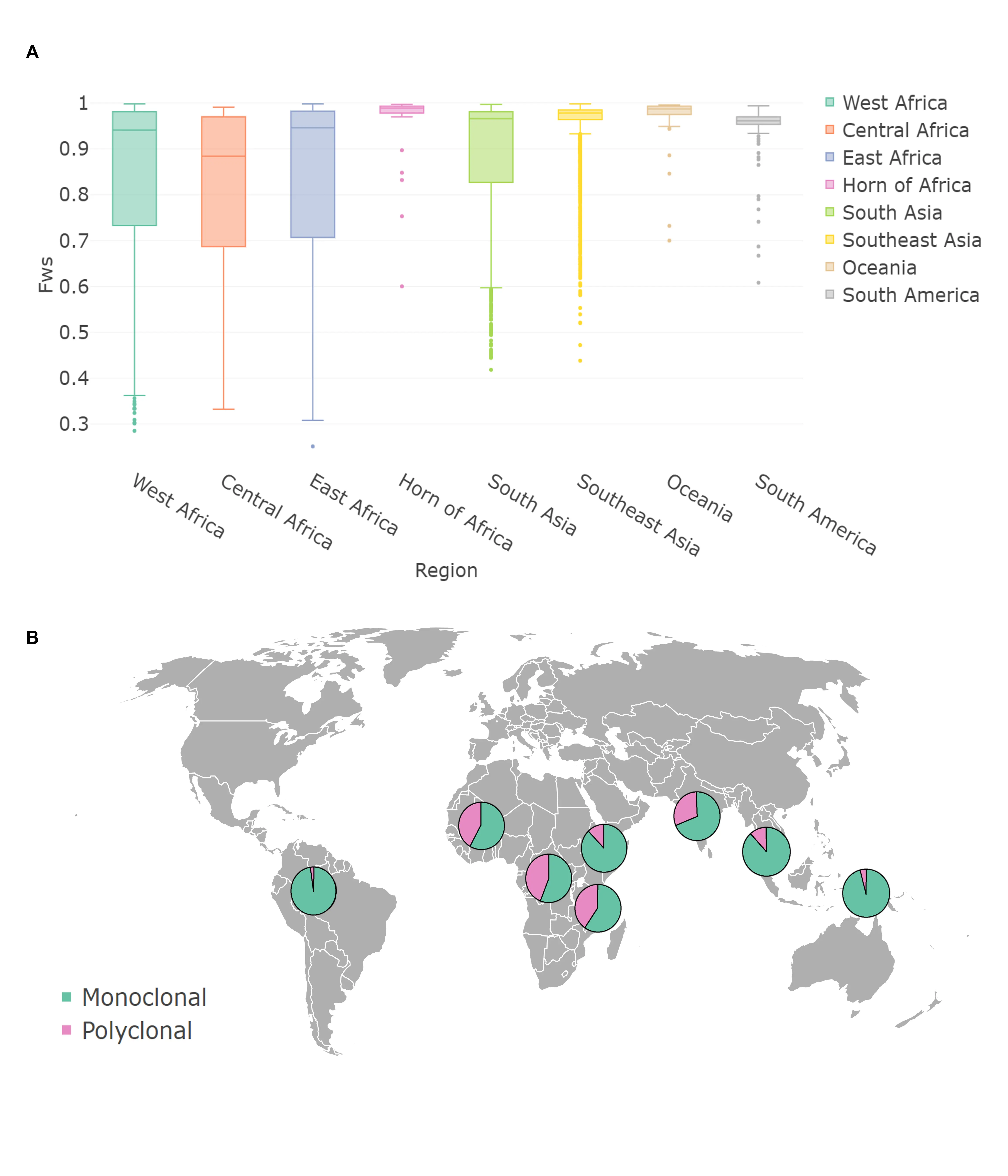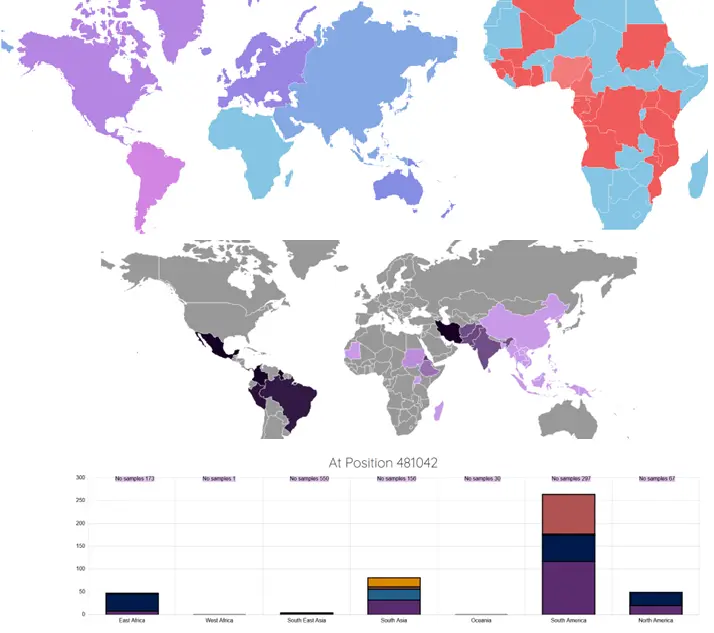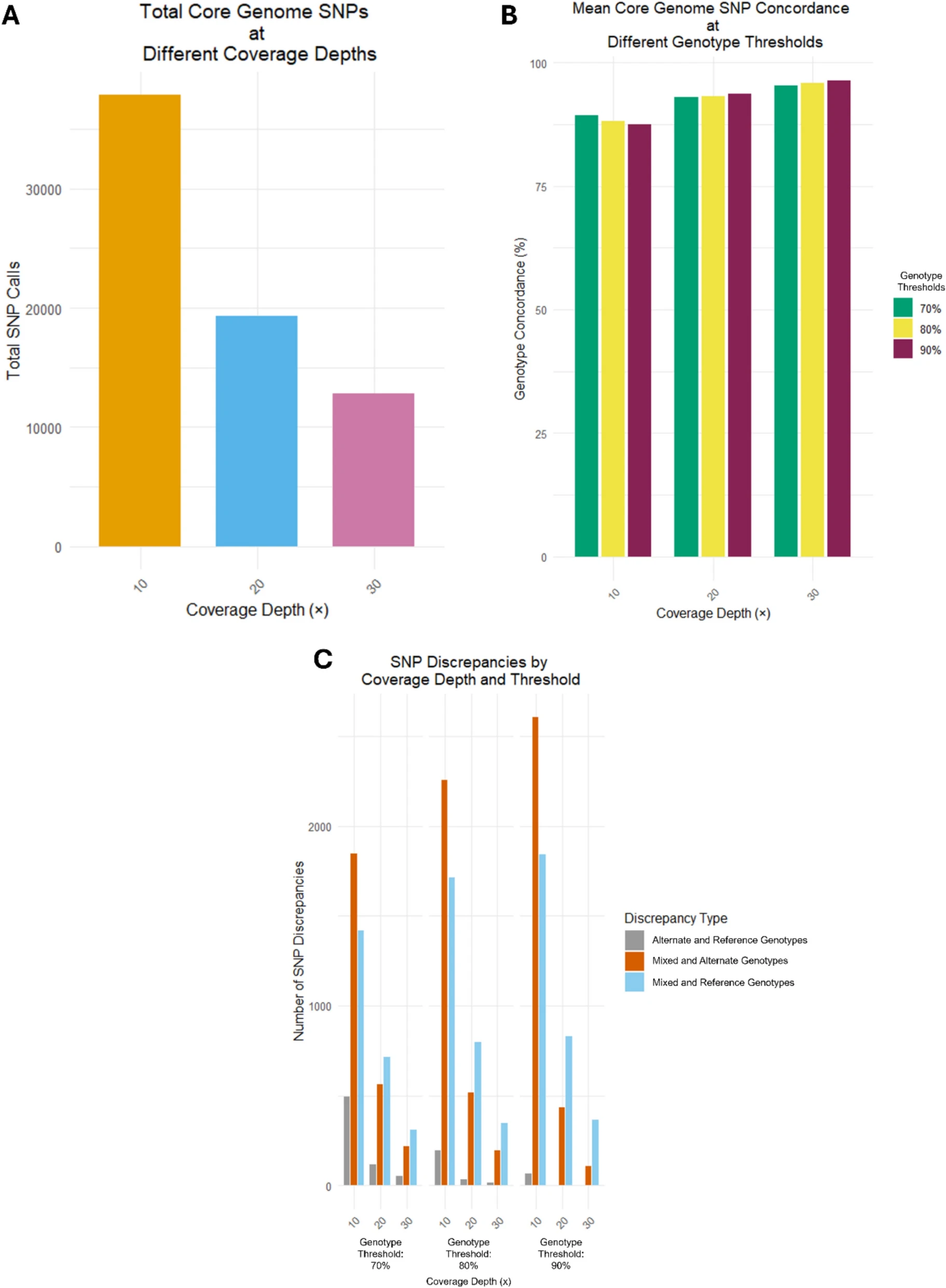TAGC
LATEST NEWS



Upcoming events
Check out our upcoming events we are involved in
New work on aedes aegypti to be released
New tick genomes to be released
New sandfly genomes to be released



New work on aedes aegypti to be released
New tick genomes to be released
New sandfly genomes to be released